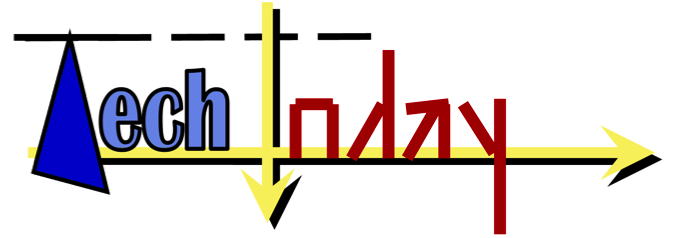ARTICLE AD
Crowdhelix, an open innovation platform designed to foster collaboration among expert researchers, business leaders and investors has launched its latest Helix, the Smart Medtech Helix.
The Smart Medtech Helix has been specifically designed to accelerate innovation across the value chain which includes designers, software developers, data scientists, hardware engineers, device manufacturers, R&D organisations, academic researchers and investors.
The Smart Medical Devices: Global Market Report 2021-2026 estimated that the smart medical devices market is expected to grow from €51 billion in 2021 to €111 billion by 2026, with a compound annual growth rate of 16.8% during the forecast period of 2021-2026.
The use of smart medtech as a key driver of innovation in the healthcare sector cannot be overstated. However, the complexity associated with delivering medical devices, particularly in resource-limited or -constrained clinical settings means that progress can often be slow.
For instance, of the 300 million surgical interventions undertaken globally every year only around 6% occur in low-income countries, where a third of the world’s population lives. Therefore, a strong need for high-quality, affordable surgical interventions for implanting “smart” active medical devices is crucial.
The Smart Medtech Helix aims to accelerate the pace of innovation by fostering collaboration and knowledge sharing. Members of the Helix will have access to a global network of experts, funding opportunities, and the chance to collaborate on research projects.
Crowdhelix CEO, Michael Browne, believes that the Smart Medtech Helix will help bring innovative medical professionals and thought-leading business leaders together so that they can collaboratively develop cost-efficient solutions that deliver societal impact.
“A huge amount of interdisciplinary collaboration is required to construct cutting-edge smart medtech devices that must adhere to robust regulatory standards.
“To build these sophisticated lightweight, low-powered devices that can deliver context-sensitive personalised treatments to patients and instantaneous data to highly trained medical professionals innovators need to cast a wide net.
“They need to look beyond the skills and knowledge that have become the bedrock of the medical device industry and seek out expertise in AI, deep tech, and advanced analytics if they are to gain a competitive advantage.
“Building interdisciplinary teams like these can take time, which is why we have built an end-to-end open innovation platform that allows researchers and industry experts to build strategic partnerships.
“Once they have built their cutting-edge solutions, innovators can leverage our platform to showcase their products to end users and investors.
“I anticipate that our new Smart Medtech Helix will help ambitious innovators to find like-minded collaborators across multiple disciplines so that they can build cost-efficient smart medical devices that deliver real societal impact.”
The anchor project in the Smart Medtech Helix, TARA, underscores what can be achieved when academic experts and innovative businesses from numerous different disciplines collaborate to build on a pioneering medtech project.
Co-ordinated by University of Pisa, the project brings together partners from seven different European countries. It seeks to create a more effective non-surgical solution to treat chronic migraine that also reduces cost and risk and therefore increases accessibility to more physicians and patients.
Working in close collaboration, the TARA team aims to develop a novel platform for the treatment of chronic migraine that will be particularly applicable to resource-restricted environments.
Massimo Piotto, professor at University of Pisa and TARA project coordinator, said: “With the smart medtech market set to grow at an unprecedented rate, it’s vital that we continue to collaborate and innovate to ensure that patients have access to the most advanced treatments and therapies available.”
“The Smart Medtech Helix is enabling new ways of working, empowering healthcare providers and medical device developers to explore collaboration opportunities.
“Strong representation across disciplines provides valuable lessons for us as we seek to address the more numerous and complex issues of healthcare delivery.
“Projects like TARA can only happen if ideas, ambition and expertise coalesce to accelerate innovation.”

 1 year ago
75
1 year ago
75 

